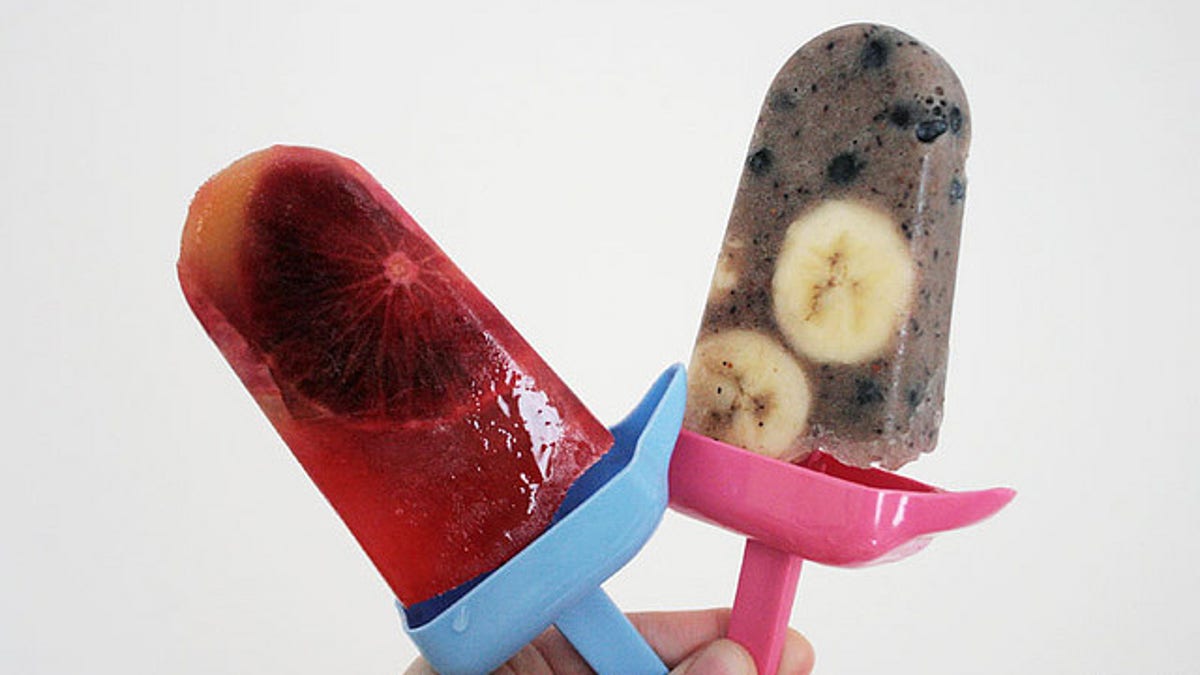
(Flickr)
What do poor sleeping, elevated cholesterol levels, and certain “bedroom issues” have in common? A lot! Many health issues, such as cardiovascular disease, erectile dysfunction, and/or diabetes among other health problems, often share a common vascular dysfunction.
Aging plays a role in the tone of blood vessels, but so do doughnuts, double-cheese burgers, and jumbo-sized beers. Yet just blaming an unhealthy diet for an under-performing vascular system is not fair either.
If you don’t remember the last time that your muscles ached from exercise and/or live a chronic stressful lifestyle then you have more reasons to worry about your vascular health.
What in medical jargon is called “impaired endothelial function”—where the inner lining of blood vessels is damaged so the vasodilatation and vasoconstriction functions are affected—is often caused by a reduction in nitric oxide (NO).
C for Stamina
Many supplements are sold to enhance NO—throughout the intake of some amino-acids—not as a way to prevent a disease, but rather to improve both endurance and strength like your next half-marathon or grueling cross-fit workout.
Delivering oxygen and removing metabolic by-products is a must to perform well in any physical activity. This is why you need clearer blood vessels.
However, the truth is there is no magic in the supplement (other than the intake of certain nutrients that indeed are involved in the production of NO).
Food is the way to go. Studies show that some foods rich in antioxidants, such as vitamin C, folate along with the intake of food rich in the amino-acid arginine, enhance endothelial function by increasing NO synthesis.
In fact, in a 20-year follow-up study of young American adults published in the American Journal of Clinical Nutrition found that higher folate intake was associated with a lower incidence of hypertension later in life.
In the same journal, a median dose of 500 mg per day of Vitamin C reduced both systolic and diastolic blood pressure. The authors attributed the results to the vitamin’s NO effect and ability to reduce oxidative stress.
And if you’re not convinced yet about how you can clean up your vascular system by eating more spinach, collard green, lentils, kiwi, strawberries, mango, among other foods rich in folate and vitamin C, have some red oranges in which a study showed that the intake of oranges for seven days improved vascular health and decreased inflammation.
Be a Nuts Fan
Protein is the nutrient that should not be missed as a part of your diet plan when losing weight and/or packing on muscle are the goal, but who would have thought it could also be useful to relax the blood vessels due to its role in NO formation?
Not all protein rich food provides the same amino acids, so to assist in the formation of NO, the amino-acid arginine is the one to add to your diet. Michael Murray ND, author of The Encyclopedia Of Healing Foods, points out how arginine intake has been linked to be beneficial in a number or cardiovascular diseases—high blood pressure, angina pectoris, congestive heart failure, among others—and even help to increase male fertility by boosting sperm count.
Good healthy protein and arginine sources include chocolate, almonds, cashews, Brazil nut, chicken and beans.
An easy way to increase NO and thus strengthen your vascular health is right after a workout when your body utilizes it. Here is a simple, post-workout popsicle snack with ingredients to help enhance your vascular system.
Post-Workout Vascular Enhancement Fruit Popsicle
Recipe provided by Lisa Roberts-Lehan, Certified Health and Nutritional Consultant, and Holistic Chef.
1 red orange (I used a pink orange)
1 ruby grapefruit
1 banana
1-inch of freshly grated ginger (optional)
1 scoop of protein or green powder
1 teaspoon of flaxseeds
1/2 cup filtered water
1/2 to 1 cup of ice
Combine all ingredients in a high-speed blender and blend until smooth. Add more water for a thinner consistency. Enjoy immediately or freeze in popsicle molds.
Nutritional information per one serving: 315 calories, 10.9 g of fiber, 11.8g protein, Potassium 999.6 mg, Vitamin C 209.9 %, Folate 26.6 % and Iron 13.8 %
